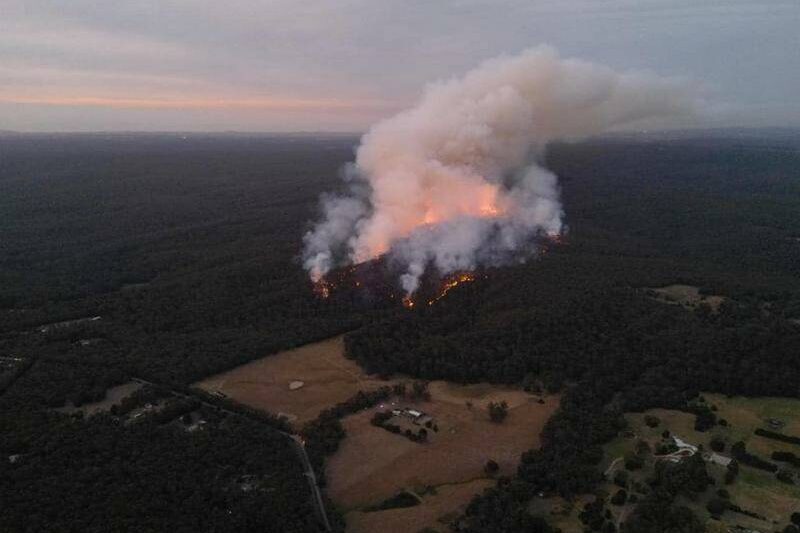
Scammers could find it increasingly difficult to swindle Australians under a proposal that will fine businesses for failing to protect their customers.
Legislation to establish a scam prevention framework was introduced to federal parliament by the Albanese government on Thursday.
Under the reforms, fines of up to $50 million could be meted out if “reasonable steps” were not taken by businesses to prevent, detect, disrupt, respond and report scams or attempted scams.
The Australian Competition and Consumer Commission would be handed new powers to direct businesses to take “specific steps” to keep their customers safe from scammers and the Australian Financial Complaints Authority empowered to resolve consumer claims over scams across the sectors.
Compensation pathways would be clarified for victims, sector-specific codes established, internal and external dispute resolution mechanisms bolstered and a mandatory co-ordinated intelligence sharing ecosystem built.
Financial Services Minister Stephen Jones called on the opposition and the crossbench to back the bill.
“There’s a scam pandemic, and it’s costing billions,” he told the House of Representatives.
“Scams have been industrialised by sophisticated trans-national criminal organisations.
“(This bill) will make Australia one of the toughest places in the world for scammers to operate.”
Australians lost $3.1 billion in 2022, after almost two-thirds of the population were exposed to a scam attempt.
The Albanese government said the consumer watchdog-run National Anti-Scam Centre and $180 million investment had resulted in scam losses falling for the first time since 2016.
Communications Minister Michelle Rowland said the framework would further strengthen scam defences.
“While the telecommunications industry has done some good work in blocking scam calls and scam SMS, there are still too many getting through and leading to consumer losses,” she said.
Australia’s current scam protections are piecemeal and inconsistent.
While some industries have codes to address scammers, others do not have any formal scam protection requirements, offering an opening for bad actors to target Australians.
If trends continue, Australians will lose about $7 million a day to criminal scams, Mr Jones said.
The reforms have been welcomed but the Digital Industry Group Inc, which represents companies that invest in online safety, privacy and cyber security, says the laws must go further by equipping Australians to better spot scams and stopping scams from occurring in the first place.
The organisation’s managing director Sunita Bose called on the government to prosecute offshore criminals and close down scam call centres.
“Scammers are usually organised criminals overseas who need to be stopped,” she said.
Who can be trusted?
In a world of spin and confusion, there’s never been a more important time to support independent journalism in Canberra.
If you trust our work online and want to enforce the power of independent voices, I invite you to make a small contribution.
Every dollar of support is invested back into our journalism to help keep citynews.com.au strong and free.
Thank you,
Ian Meikle, editor





Leave a Reply